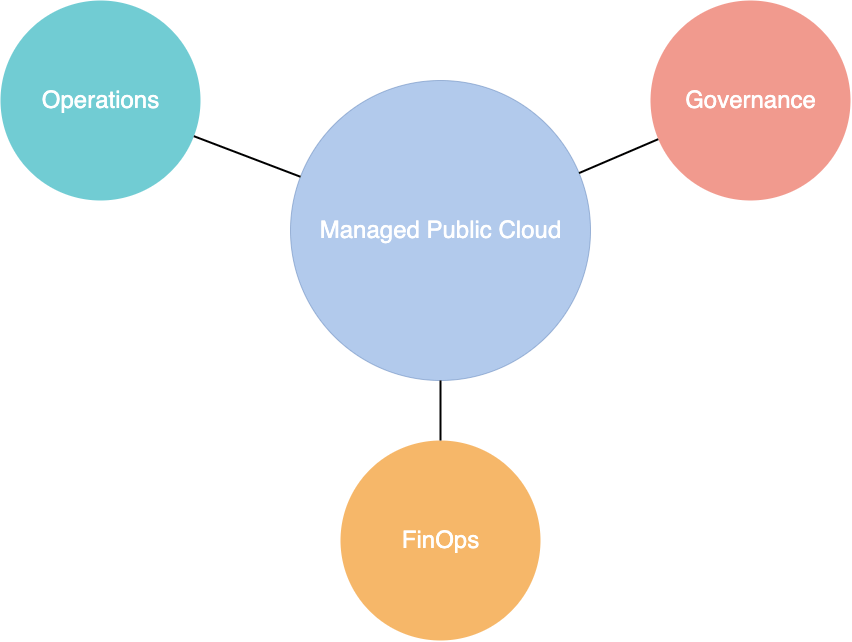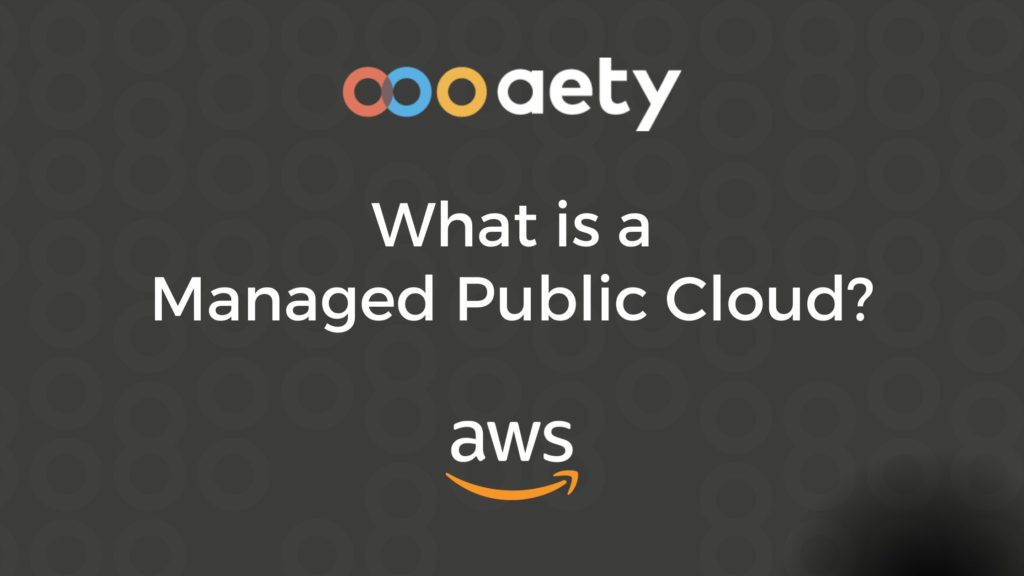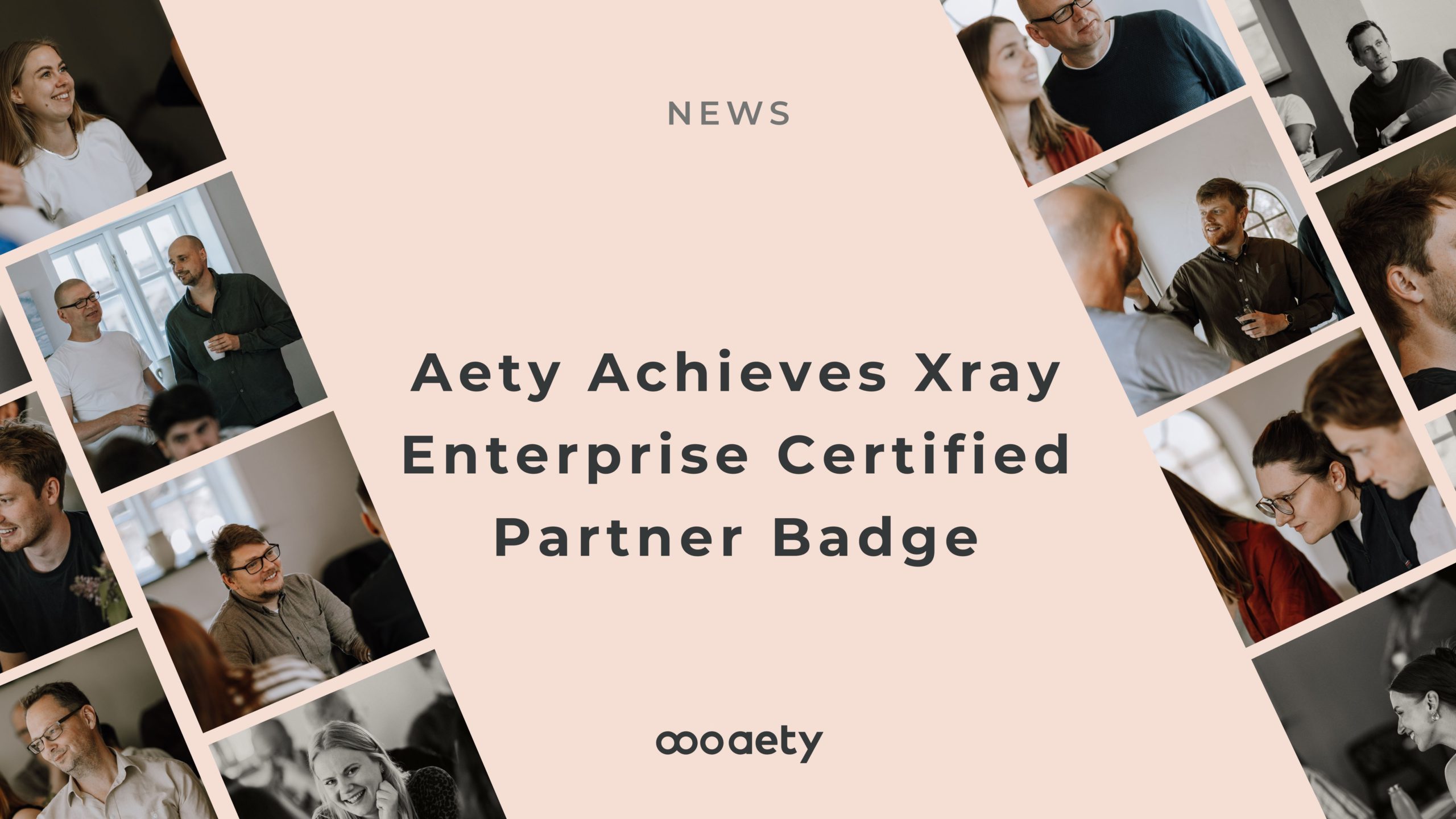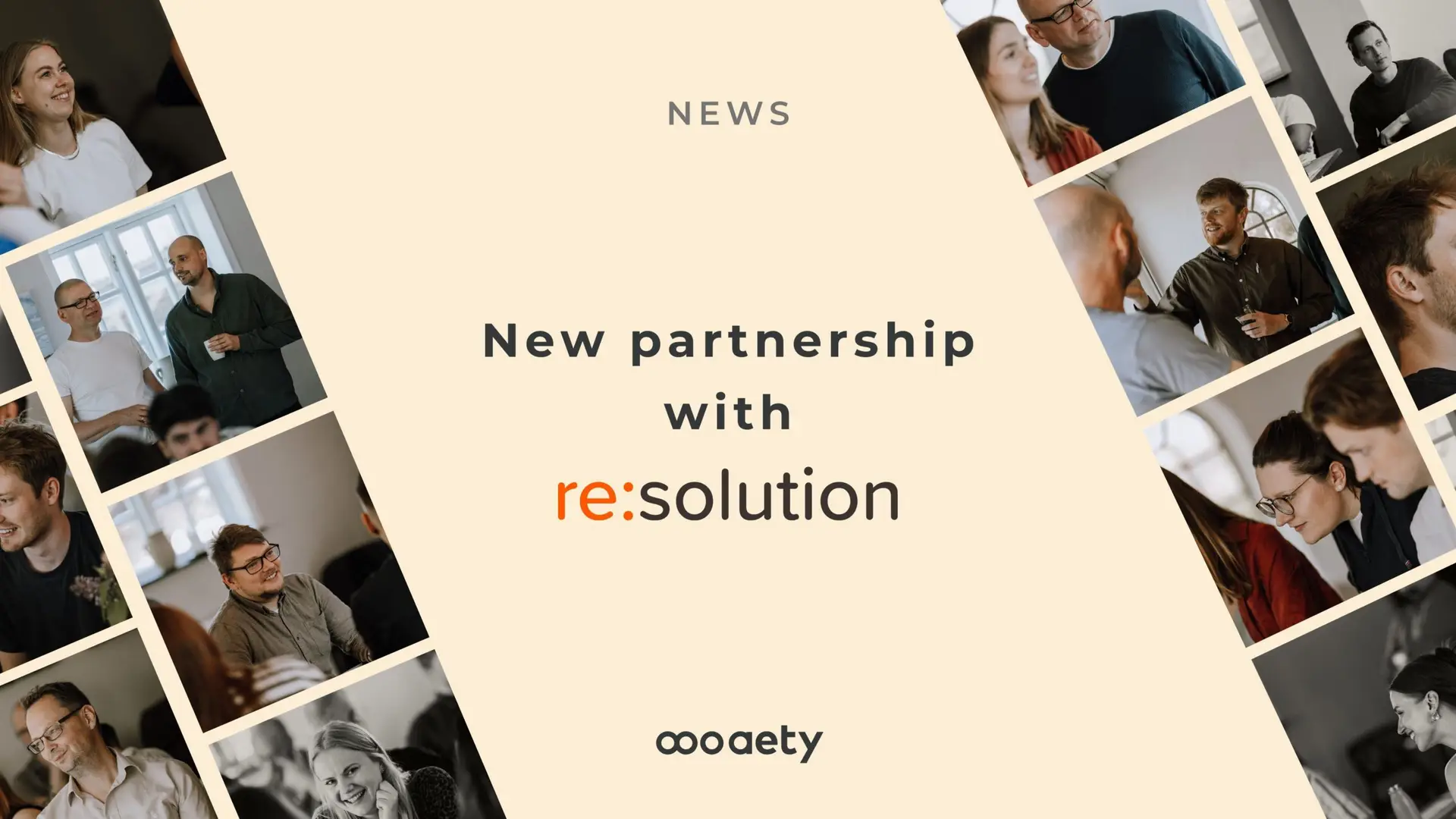The latest blog post about AWS and landing zones was a technical review of how to build a good foundation for cloud services. If you want to read the post, you can access it here: Organize your AWS services.
This time we zoom out a bit and try to get hold of some critical concepts. We start with the idea of “Managed Public Cloud.”

Managed Public Cloud
Public Cloud is a well-known concept: Instead of purchasing hardware and software, you acquire IT infrastructure from a provider such as Amazon Web Services (AWS), Microsoft Azure, Google Cloud Platform, or some of the many other companies also existing.
The benefits of choosing an IT vendor are more flexibility, more resilience, and (potentially) cost savings. You have the opportunity to adapt your consumption to the actual need continuously.
But where does the “Managed” concept come in then?
To not lose control, the cloud environment must be managed. Otherwise, you will incur unnecessary costs and risk compromising your services in terms of security.
Cloud providers will typically not take responsibility for if the configuration of the various services is correct or defensible. Although all cloud providers are regularly exposed to vulnerabilities (Source and Source), it is aetys claimed that the vast majority of data leaks are due to incorrectly setting up resources (Source).
This means that rules must be stated around how the environments are used (governance). The environment must then be operated daily (operations), and if you do not have infinite amounts of money, there must be processes for managing the costs (finops).
Governance, Operations og FinOps
Governance starts with a strategy. Why do you want to use the cloud? What do you expect to get out of it? What services do you want in the cloud? How should they be migrated? Which services are relevant to use? How do you ensure access to services? And what ongoing follow-up on the project do you do?
We, as a supplier, can help you answer all the questions that you should consider. We typically take as our starting point a needs assessment that can take the form of interviews, questionnaires and/or workshops. We prioritize the overall goals, formulate the strategy and prepare roadmaps for execution. We prioritize getting started quickly, so you get access to feedback that can be used to evaluate and possibly adjust the effort.
Operations are about the daily handling of the services you use. Who is responsible for the service is working? Is there an SLA? How do we ensure that the service works? What about the daily monitoring and logging (what young people call observability)? Does the development team have insight into how the production systems work to get feedback on future product improvements?
We offer help with implementation, automated provisioning of infrastructure, compliance concerning governance, observability, and the ongoing operation of services. Using a structured review process, we ensure that we get around AWS best practices.
FinOps is a buzzword, but it’s the part of the Managed Public Cloud concept that your CFO will find interesting. It’s about how you get the most value out of your cloud transformation investment. Here are two overall perspectives: Do your resources correspond to the capacity you need? And are your implemented services cost-effectively? For the first part, there is extensive tool support for, e.g., AWS “Trusted Advisor” and AWS Migration Evaluator, to which we as AWS partners have access. The second part is about understanding the architecture of your services – are there any of them that can be re-implemented so that they are better suited to could benefit from the cloud? Or are there even some that can be scrapped and replaced with standard SAAS solutions?
Aety’s experience with solution architecture – coupled with our knowledge of AWS services – ensures that we can advise on and help with implementation. If you have questions about Managed Public Cloud, you are always welcome to write us an email or give us a call. Or if you would like a non-binding talk about Managed Public Cloud, as well as how we can help you in the process, you can contact us at info@aety.io or +45 70 70 72 71






